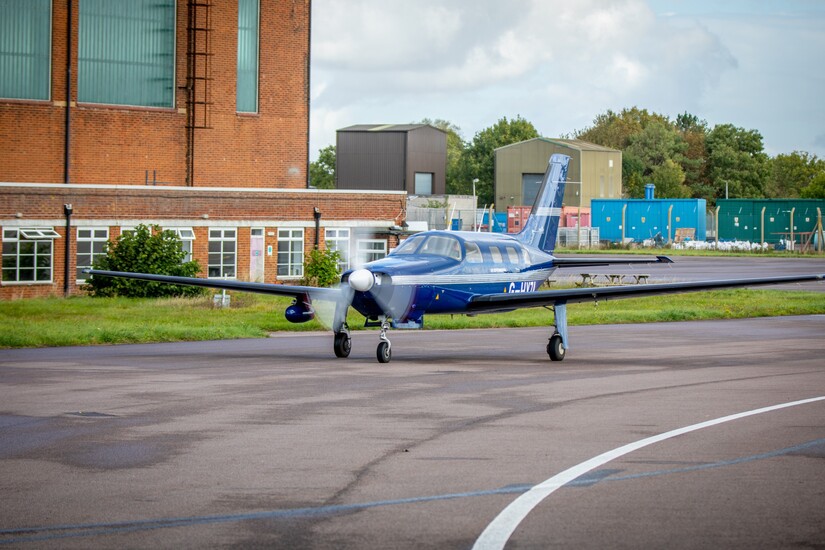Next-generation, zero-emission planes could be operating out of London Stansted within the next 10 – 15 years thanks to a new competition by the airport’s owner to drive advances in aviation technology.
Manchester Airports Group (MAG), the UK’s largest airport group, has fired the starting pistol on a competition for the first airline to operate a zero-emission commercial flight from one of its airports. This is the first competition of its kind in the industry, which will see the successful carrier win five years’ free landing fees worth up to £1.3million in today’s prices.
The competition comes as the Group publishes its annual CSR Report, which sets out the vital role the airport continues to play in the regional economy and local communities. This includes:
- Almost 12,000 volunteering hours by colleagues to support projects in the local community
- A 20% reduction in the amount of waste generated, with the airport continuing its track record of sending zero waste to landfill for the third year in a row, including becoming the first airport in the UK to send all its coffee grounds to be recycled into solid biofuels,
- An industry-leading trial of fully compostable bags when carrying liquids in hand luggage through security
- Welcoming a full intake of 500 students to the airport’s dedicated, on-site college for the third consecutive year since it opened in 2018
- A special event for 50 young women from across Harlow to mark United Nations International Day of Women and Girls in Science
The report also makes a landmark commitment to become a net zero carbon business by 2038, twelve years ahead of the UK’s aviation industry target to become net zero carbon by 2050.
Airlines taking part in the competition to win the free landing fees will be given free rein in their choice of low-emission technology, including electric and hydrogen technology. It comes after global manufacturer Airbus last month revealed three concept ‘ZEROe’ hydrogen powered commercial aircraft, which could carry up to 200 passengers from the UK across Europe from 2035. The first commercial-grade six-seater aircraft powered by a hydrogen fuel cell was also showcased at Cranfield University in September.
Sustainable Aviation, the UK aviation industry’s sustainability group has forecast that the sector can expect to see the first zero emission regional or short-haul flight in around 10-15 years’ time. MAG’s initiative will complement the full range of measures needed to help the UK reach its Net Zero 2050 target, including modernising UK airspace, sustainable aviation fuels, smart flight operations and new aircraft technology. Today’s announcement comes as the Government’s Jet Zero Council, of which MAG is a founding member, prepares to meet for a second time in the coming days.
Read more: The San Francisco International Airport (SFO) today announced the deployment of six 40-foot all-electric zero-emission buses and related electric vehicle charging infrastructure.



